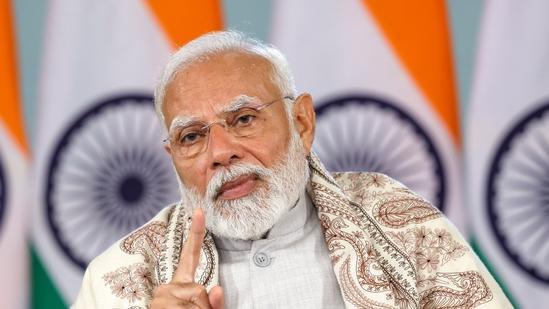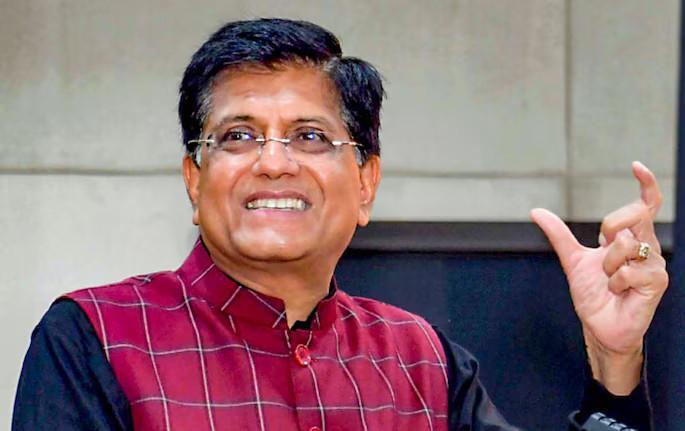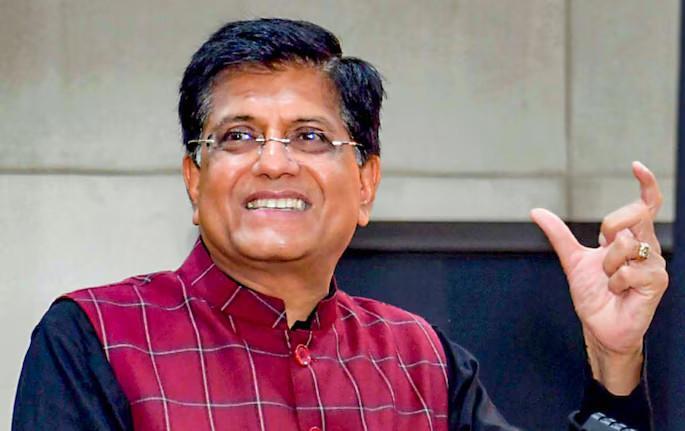
Peace will come only when Ukraine, Russia sit for talks: PM Modi
The ongoing conflict between Ukraine and Russia has been a major concern for the international community, with both sides refusing to budge from their respective positions. The war has resulted in significant loss of life, widespread destruction, and a humanitarian crisis. In a recent podcast interview with Lex Fridman, Indian Prime Minister Narendra Modi shared his thoughts on how to bring an end to the conflict. According to Modi, the key to resolving the crisis lies in direct talks between Ukraine and Russia.
In the podcast, which was released recently, Modi emphasized the importance of negotiations between the two warring nations. He stated, “Resolution will only come when both Ukraine and Russia come to the negotiating table.” Modi’s words carry significant weight, given India’s position as a leading player in international diplomacy and its efforts to promote peace and stability in the region.
Modi’s emphasis on direct talks is a departure from the current approach, where Ukraine has been holding discussions with its allies, including the United States and European Union. While these discussions may provide some temporary relief, Modi believes that they will ultimately yield no concrete results without the involvement of Russia. He added, “Ukraine may hold countless discussions with its allies, but it will bear no fruit…Discussions must include both parties instead.”
Modi’s stance is not surprising, given India’s historical ties with Russia and its efforts to maintain good relations with both Ukraine and Russia. India has been a vocal advocate for a peaceful resolution to the conflict, and Modi’s words reflect the country’s commitment to promoting dialogue and diplomacy.
The conflict between Ukraine and Russia has its roots in the annexation of Crimea by Russia in 2014. Since then, the situation has escalated, with Russia launching a full-scale invasion of Ukraine in February 2022. The war has resulted in significant human suffering, with millions of people displaced and countless lives lost.
Despite the severity of the situation, there has been little progress towards a resolution. Ukraine has been pushing for a negotiated settlement, while Russia has been insisting on its right to protect Russian-speaking regions in Ukraine. The international community has been divided on the issue, with some countries, such as the United States and European Union, supporting Ukraine, while others, such as China and India, have maintained a more neutral stance.
Modi’s words serve as a reminder of the importance of direct talks in resolving conflicts. In a world where geopolitical tensions are on the rise, it is essential for countries to engage in dialogue and find common ground. The conflict between Ukraine and Russia is a prime example of how a lack of communication and understanding can lead to devastating consequences.
In addition to promoting direct talks, Modi also emphasized the need for a comprehensive approach to resolving the conflict. He called for a “holistic” approach that takes into account the interests and concerns of all parties involved. This approach would require a deep understanding of the historical and political context of the conflict, as well as the interests and motivations of each side.
Modi’s words also serve as a reminder of the importance of international cooperation in resolving conflicts. The conflict between Ukraine and Russia is a global issue that requires a collective response. It is essential for countries to work together to promote peace and stability, and to find a resolution that is acceptable to all parties.
In conclusion, PM Modi’s words serve as a powerful reminder of the importance of direct talks in resolving conflicts. The conflict between Ukraine and Russia is a complex issue that requires a comprehensive approach, and Modi’s emphasis on negotiations between the two warring nations is a crucial step towards finding a resolution. As the international community continues to grapple with the crisis, Modi’s words provide a beacon of hope for a peaceful resolution.




